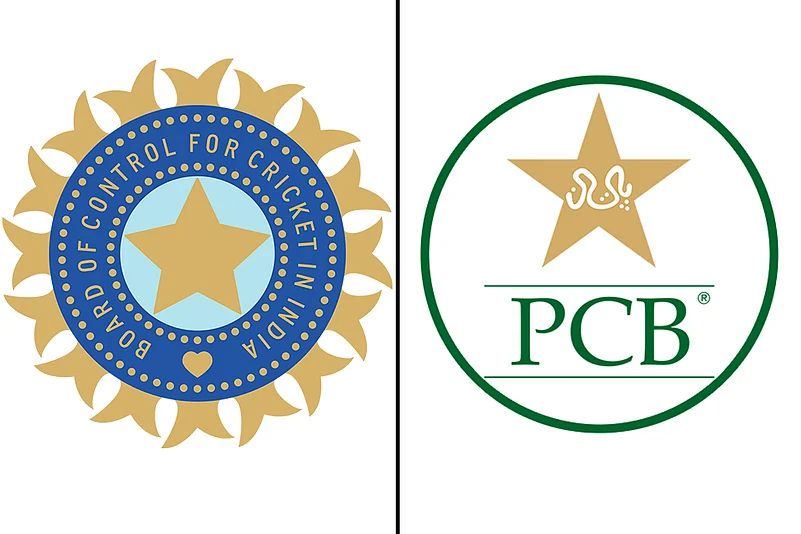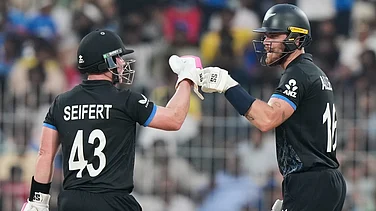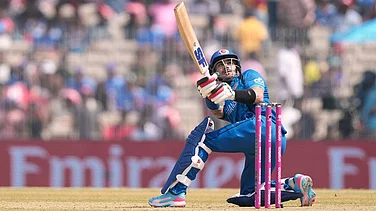The International Cricket Council (ICC) on Tuesday dismissed the Pakistan Cricket Board's (PCB) compensation claim against the Board of Control for Cricket in India (BCCI) for not honouring an alleged bilateral agreement.
A dispute panel constituted by the sport's world governing body started hearing on PCB's USD 70 million compensation claim last month. The three-member panel is headed by Michael Beloff, while Jan Paulsson and Dr Annabelle Bennett as members.
The ICC on Tuesday released a statement saying "Following a three-day hearing and having considered detailed oral and written submissions, the Dispute Panel has dismissed the PCB’s claim against the BCCI."
It also carried the copy of the judgement, saying it's binding and non-appealable.
"This contractual dispute between the Pakistan Cricket Board (‘’PCB’’) and the Board of Control for Cricket in India (”BCCI”) has attracted media attention for reasons relating to political tensions extraneous to the field of play; indeed suggestions have been made that its outcome could generate a precedent of significance for international relations.
"The Panel therefore wishes to make it clear that, in its firm view, the officials of both the PCB and the BCCI have in this matter acted in the legitimate pursuit of the welfare of their two sporting institutions and that this award does no more than to establish legal rights and obligations in the case before it in light of the law, the rules governing the administration of the sport and the specific evidence adduced by the parties," the ICC wrote in the 'Preface' to the judgment.
The PCB's contention was that the Memorandum of Understanding signed in 2014 by erstwhile BCCI secretary Sanjay Patel was binding. The MoU stated that the two neighbours were supposed to play six series in eight years between 2015-2023.
Four of those series was supposed to be hosted by Pakistan that included 24 matches across three formats. The six tours would have constituted 56 games which included 14 Tests, 30 ODIs and 12 T20Is.
However, BCCI maintained that the contract is no longer legally binding as PCB didn't support BCCI's 'Big Three' revenue sharing model where India, Australia and England would have got a bigger share of the profit pie.
Also, the Indian board had maintained that for the Indian cricket team to play in a bilateral series against Pakistan, it needs the approval of the government. With the ties between the two neighbours hitting a new low after the 2008 Mumbai terror attacks, realistically the prospects of getting government approval was very limited.
The two countries last played a bilateral series in 2013 in India, but they continue to meet in multi-team tournaments.
The BCCI was represented by Dubai-based law firm Herbert Smith Freehills along with British Lawyer QC Ian Mills. BCCI's own battery of Indian lawyers was also present. Former external affairs minister of India Salman Khurshid also appeared during the hearing and had justified India's refusal to play bilateral cricket with Pakistan.


























